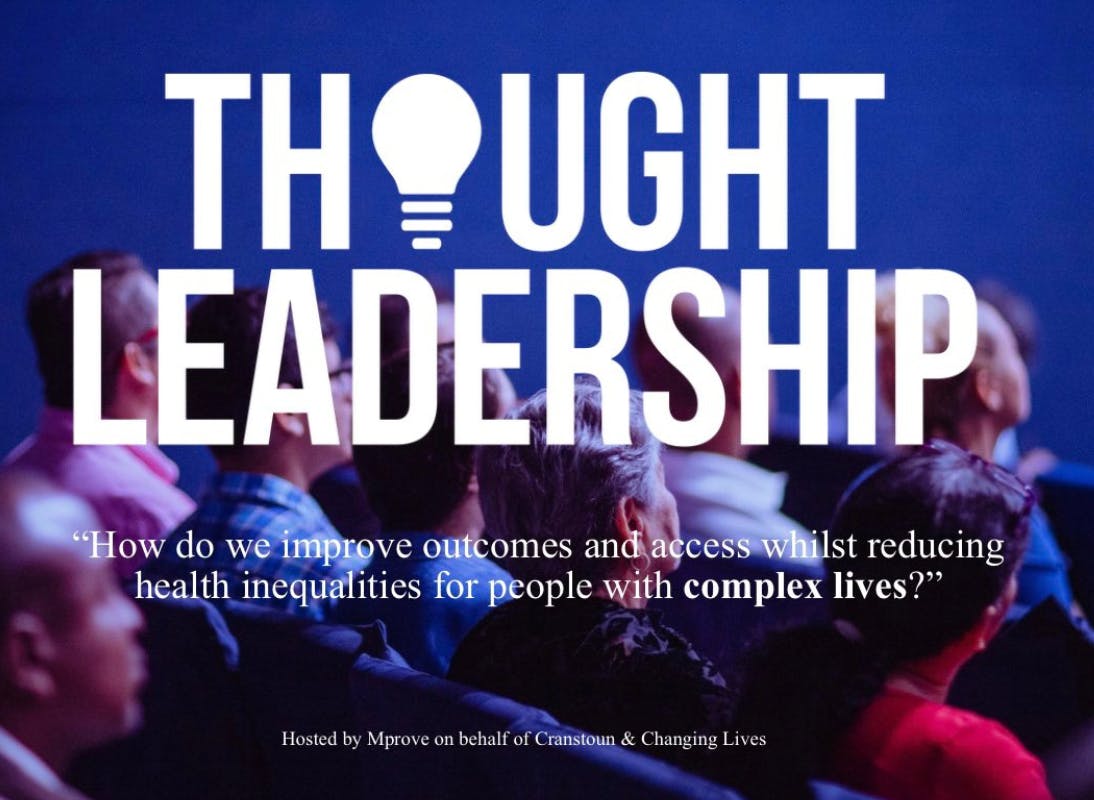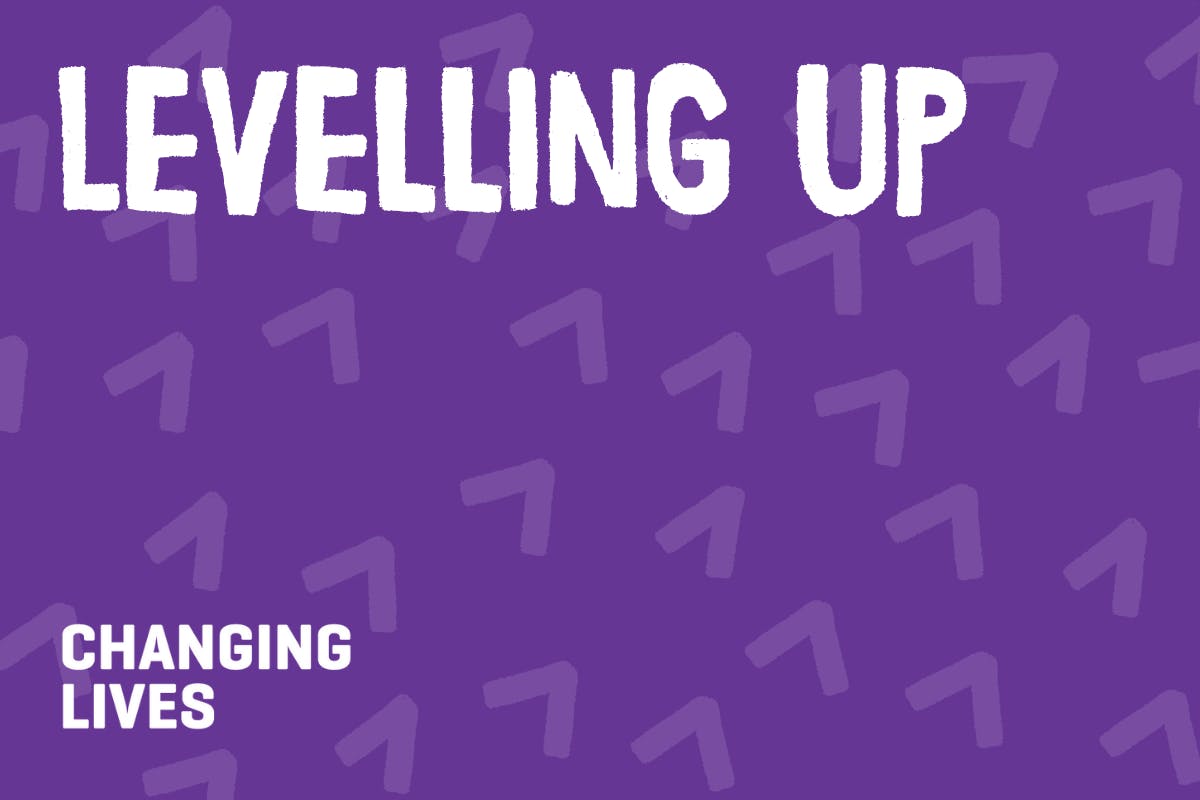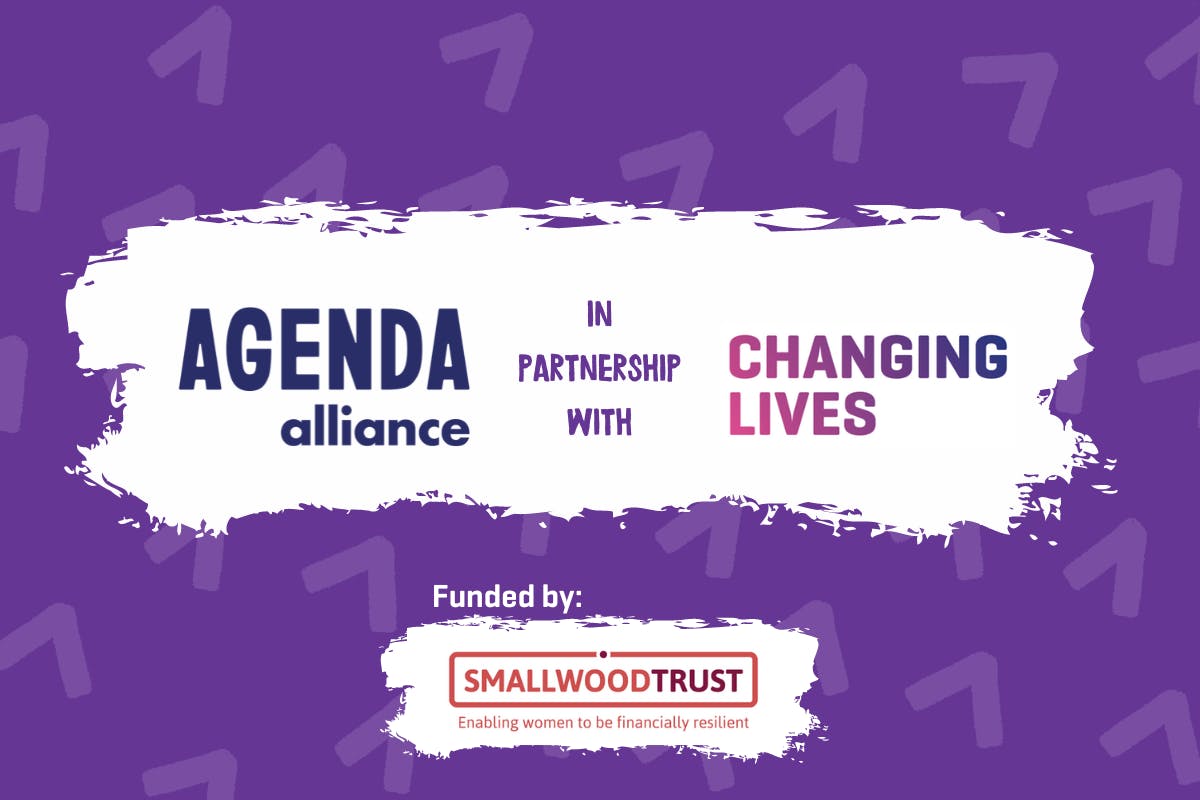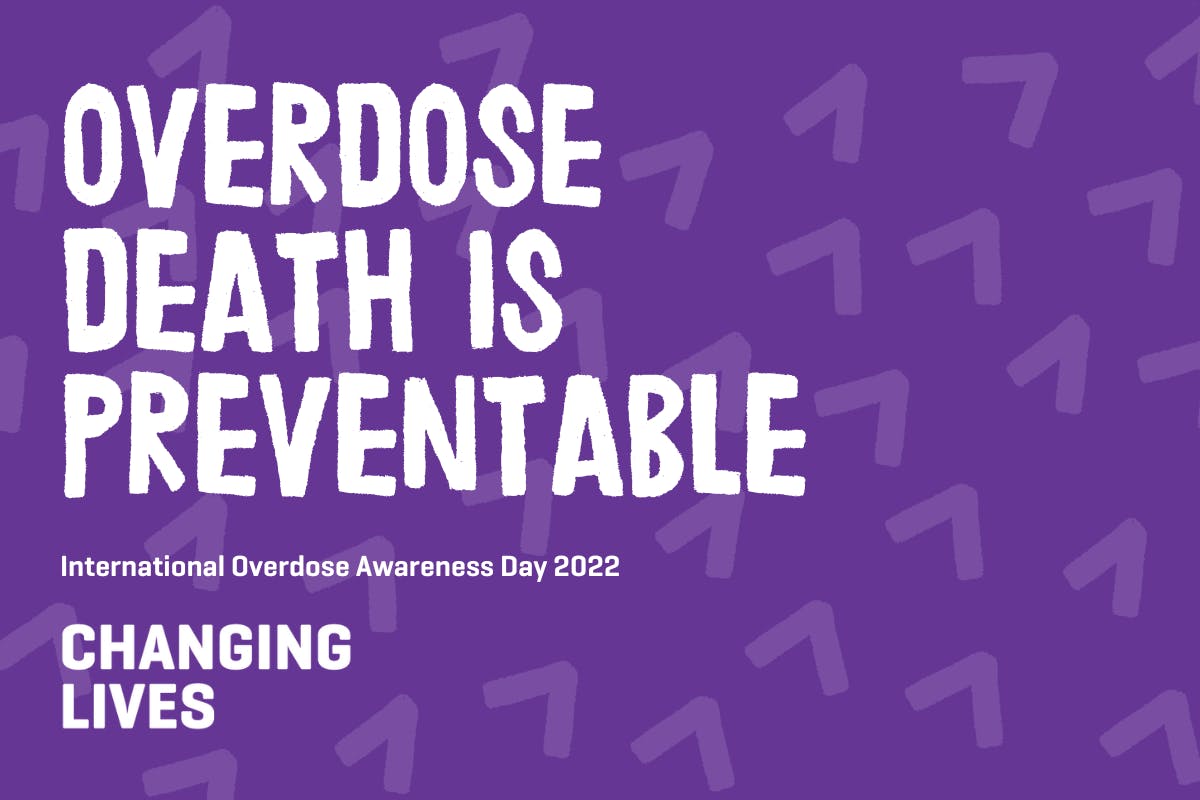A guest blog by Jamie Scott, Head of Communications at Cranstoun
Over recent months, Cranstoun and Changing Lives have been working closely in partnership to bring together a thought leadership event with senior leaders across the public sector in the Black Country.
As charities, our values closely align which is why, over the past year, we have been able to develop this relationship, around progressive ambition, innovation and compassionate positivity. When our Chief Executives Charlie Mack and Stephen Bell OBE, first met around 15 months ago, the closeness in these values became clear immediately.
As two social justice charities we joined together with MProve on a piece of research which we hope will be able to act as a starting point to develop some changes across the NHS, at a time when it faces a range of challenges. Through collaboration, sharing knowledge, and the talent we have across our organisations, we are able to do so much more to support people in need.
We started with the question how can we support the health & wellbeing of the people we support, while also helping to alleviate pressure on our NHS?
With a specific focus on repeat users of health services who experience homelessness and substance use, the research evidenced that a high number of people accessed the emergency services over a year, with most of them being potentially avoidable.
"How can we support the health & wellbeing of the people we support, while also helping to alleviate pressure on our NHS?"
Earlier this month, we brought NHS commissioners, local authorities, hospitals, GPs, police and others to West Bromwich Albion FC to look at how, using the more than over 100 years combined experience in our two organisations, we could help to present these findings and start to have the conversations about how we might work together to address some of the big challenges facing the health sector.
Before opening for a full discussion, attendees were able to hear directly from someone with lived experience of being homeless and using substances. Circumstances which had caused a range of health issues including sepsis and deep vein thrombosis and led to them regularly spending time in hospital. Through outreach and engagement with third sector services, they had been able to access specialist treatment for their substance use and address their housing need which has meant they have not had to be a frequent attendee at the region’s hospitals.
This thought leadership session served as the start of what we hope will be more conversations with sector leaders looking to address the challenges our public services face and how - as the third sector innovators - we could assist with alleviating some of those strains.
We will continue to share the research with senior leaders and will be arranging another of these events in due course and will be continuing to collaborate on solutions that could improve the way public services are delivered across the country.






